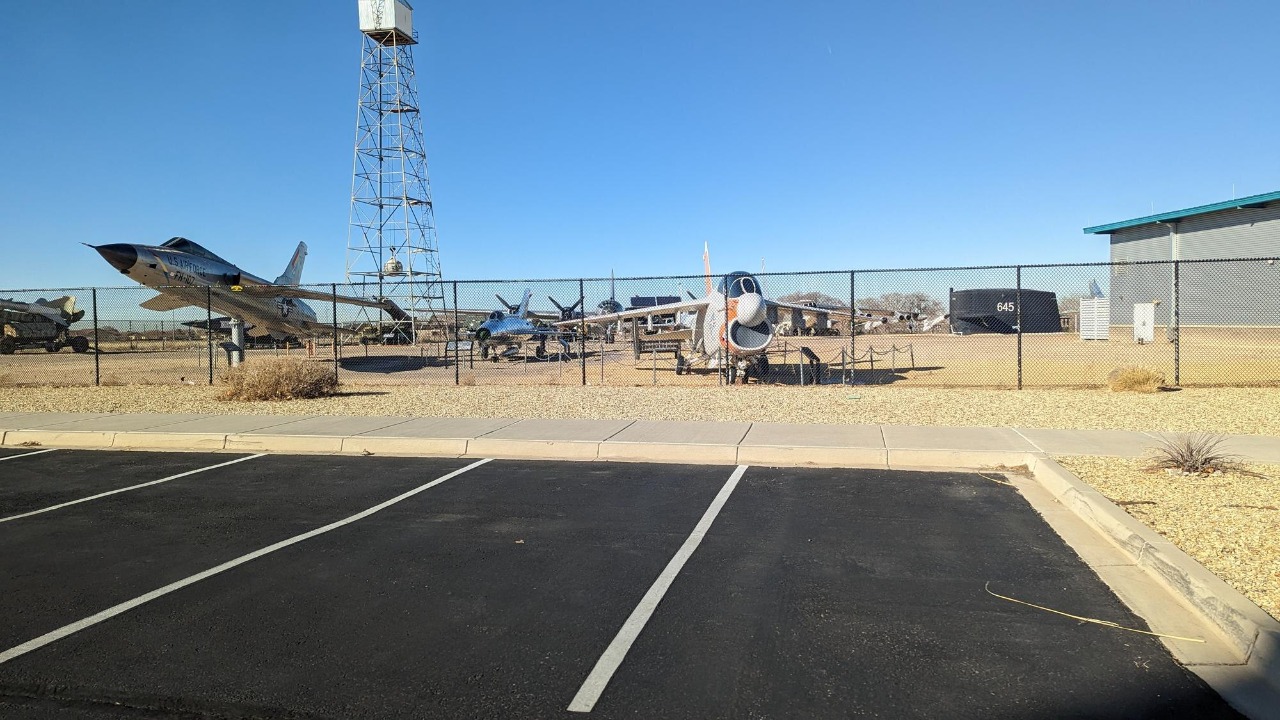
Over the past few years, a noticeable trend has emerged, with billionaires snapping up old military bases. This burgeoning interest is driven by several factors, including the bases’ strategic locations, extensive infrastructure, and robust security features. Let’s delve deeper into this fascinating phenomenon, its potential benefits, the implications, and the arising concerns.
The Strategic Value of Military Bases

Old military bases, by their very nature, offer unique advantages that make them attractive investments. These facilities are typically situated in strategic locations, often with extensive infrastructure already in place. This includes everything from road networks to power grids and communication systems. Furthermore, the security features inherent in these bases, such as fortified structures and perimeter defenses, present an added lure for potential buyers.
These bases can be repurposed in a variety of ways. Tech moguls could transform them into secure data centers, while manufacturing magnates might see potential for production hubs. Their strategic locations could also make them ideal for logistics businesses, providing key points for the distribution of goods. The possibilities are vast and varied, limited only by the imagination and ambition of their new owners.
The Global Perspective: Chinese Billionaires and U.S Land

A noteworthy trend, as reported by the New York Post, is the growing interest of Chinese billionaires in U.S properties, specifically land near old military bases. This trend isn’t confined to the U.S; according to a study published in the Journal of Contemporary Asia, Chinese tycoons have been buying up large tracts of land worldwide.
However, the implications of foreign ownership of land near strategic military locations are complex. On one hand, it could potentially bring economic benefits through investment and job creation. On the other hand, it raises questions about national security and the potential for espionage, given the proximity to former military sites.
The Case Study: A Chinese Billionaire in Texas

One illustrative example is a Chinese billionaire who purchased a staggering 140,000 acres of land in Texas, as documented by Forbes. This vast tract of land is situated near an old military base, sparking debates about national security and sovereignty.
Public reaction to this large-scale acquisition has been mixed. While some laud it as an example of global investment and potential economic stimulus, others view it with suspicion and concern. Fears about potential security risks, influence over local economies, and encroachments on sovereignty are some of the issues raised.
Policy and Legislation Concerns

These acquisitions also highlight the need for a thorough review of current U.S laws and regulations regarding foreign ownership of land. A discussion on the Fluent in Finance Reddit thread provides an interesting perspective on this topic. While the U.S has laws governing foreign ownership of land, how these laws apply to old military bases is a gray area that requires clarification.
There are arguments for and against stricter regulations. Advocates for tighter control argue that it’s a matter of national security, while those against stricter laws warn of potential negative impacts on international relations and economic development. Striking a balance that ensures both national security and economic prosperity is a complicated task.
The Future of Old Military Bases

Looking to the future, the trend of billionaires—both domestic and foreign—acquiring old military bases is likely to continue. These properties offer unique opportunities and benefits that are hard to replicate in other forms of real estate. As such, they will continue to be an attractive option for those with the means to purchase and repurpose them.
The implications of this trend are far-reaching. It could have a significant impact on local economies, as these bases are transformed into hubs for various industries. But it also raises questions about national security and the balance of power in international relations. Regardless of the path forward, one thing is certain: the future of old military bases is a topic that warrants close attention.